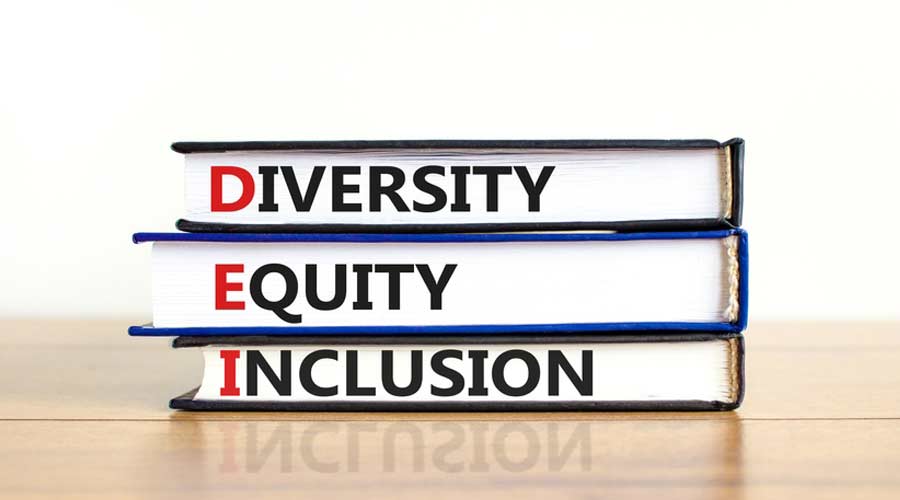
Contributed by BSCAI
As part of BSCAI’s third-annual Virtual Human Resources Summit, leaders in the diversity, equity, and inclusion (DEI) space facilitated a discussion with session attendees regarding DEI practices and methods to improve how business owners approach these critical conversations with their own employees.
Yulonda Burris, head of DEI with ABM, opened the discussion with insights from her own experiences.
“With ABM so young on the journey, we are working to make sure everyone has a basic understanding of DEI,” says Burris. “Those with DEI initiatives outperform other companies by about 30 percent.”
According to Burris, ABM balances DEI initiatives with their overall company mission. They sought a way to restructure their perception as an organization and elevate their employee experience. Burris built ABM’s DEI strategy around creating equitable opportunities for team members, including mentorship and upward mobility. For DEI programs to be successful, it is important for business leaders to create spaces that allow every employee to feel seen, heard and valued.
The panel also addressed inherent bias — a defense mechanism built up over time based on environmental exposures.
“When we think about biases, we have to increase our self-awareness about what our own biases are,” says Burris. “Once you start to recognize your biases in action, you should work to address them and adjust your perspective in real time.”
Fernando Cruz, president and CEO of Dynamond Building Services, expressed the importance of creating an environment where his team can thrive independently and freely express all aspects of their culture.
“I truly think it’s crucial to give everyone access to resources, knowledge and opportunities to grow,” says Cruz. “Business leaders should give lower-level employees a platform to speak about and share key issues. Let them share their life experiences. Learn to view problems from different perspectives.”
Regarding hiring practices, Cruz asserts that it is important not to eliminate potential candidates based on prerequisites tied to inherent bias.
“This is a way that we often lose a lot of qualified people who are right for the role,” says Cruz. “The majority of our employees speak Spanish, which has been a pre-rec in the past. Hire people for character, and train them for skill. It’s very natural to hire people that we are naturally comfortable with. However, this causes us to miss opportunities to expand our cultural lens and open our business to diverse perspectives. It doesn’t matter where you come from, but rather what you bring to the table.”
Jason Lee, CEO of Lee Building Maintenance, attested to the vitality of keeping DEI top-of-mind every day, rather than allocating random times to focus on initiatives.
“I try to walk in DEI every day,” says Lee. “I want to dig and scrape to make sure I’m improving all the time. On a business level, we want to treat everyone that comes through our door with the utmost respect. Also, it’s important to dive into the terminology and really understand it in order to apply it within your organization.”
DEI is a complex issue and can be difficult for some organizations to manage on a large-scale. Many agreed during the session that sharing success stories with all employees is a great way to maintain momentum with DEI initiatives. Employees should feel empowered to step up and seize new opportunities, which come directly from leadership.
As the discussion wrapped up, the session facilitators shared some key advice regarding DEI initiative implementation.
“One of the most important things to remember is to educate yourself. Take the DEI journey one bite at a time and be open to change,” says Cruz.
Lee adds, “Be humble, and understand that you can learn from anyone.”

 The Down and Dirty on Cleaning in Virus Season
The Down and Dirty on Cleaning in Virus Season How Surfactant Use is Expanding in Commercial Cleaning
How Surfactant Use is Expanding in Commercial Cleaning Operational Excellence Series 2025: Labor Strategies
Operational Excellence Series 2025: Labor Strategies
